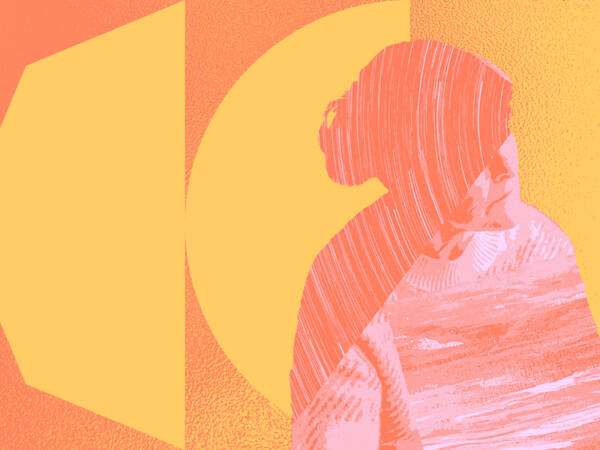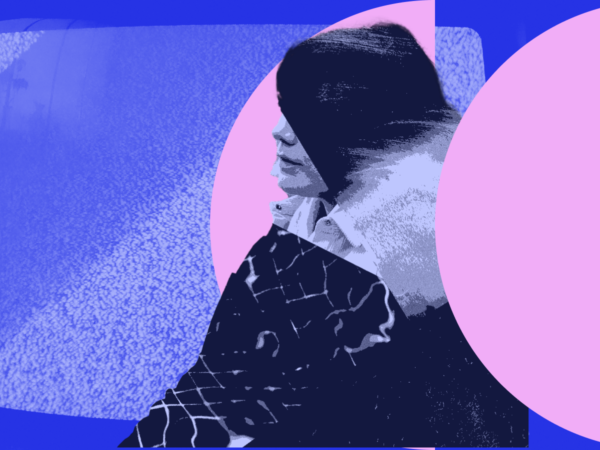Survivor Story
Re-learning Loving Me
I first disclosed the abuse when I was 8 years old.
I told my mom what had been happening between me and my grandfather. Her response was supportive and validating—she believed me. She told me later that she had sensed something was wrong. I had been anxious and showing behaviors she couldn’t explain. My disclosure answered a lot of questions for her. She’s a do-er, so she quickly took action.
My mom immediately contacted the police, and our family was assigned a case manager. That was when I was introduced to therapy—both individual counseling and group sessions. Having access to those resources was crucial to my healing.
When I talk to other survivors who are thinking about disclosing, I always try to be honest about what it can look like. When I came forward as a child, I had no idea what would follow—the police interviews, the therapists, the court personnel, and then having to testify in the same room as my grandfather and his attorney. It was traumatizing. That’s why I believe having a solid support system is so important. If you decide to come forward, find supportive people who can help you navigate the process—whether that’s a therapist, support group, or coach. It can feel incredibly isolating, and you need people around you who understand.
Writing has become a powerful outlet for me. It’s helped me reconnect with my body and emotions. Writing lets me explore what my body felt in certain moments. It grounds me and helps me connect with my emotions—whether they’re positive, negative, or neutral. It’s a holistic way for me to understand how I’m feeling. There’s often a disconnect between my mind and body, and writing helps bring them back into alignment.
I also recognize the privilege I’ve had in accessing resources that many survivors don’t. Therapy has been invaluable throughout my life, and I still work with a counselor today. I’ve also found healing through recovery programs, which have given me even more support. I identify as an alcoholic, and the recovery community has been an incredible part of my healing journey.
My story is a testament to the importance of both individual and community resources in the healing process. Through therapy, writing, and recovery, I continue to work toward alignment and healing—while recognizing that not everyone has access to the same support.
The path to healing is not straight. Oftentimes when I feel like I’ve got it together, something else pops up, rears its head, and I have to go back and look at something. I wish that I had been given the message growing up that I was valuable and that I didn’t have to perform or earn accolades in order to be a worthwhile person. Today I’m relearning that I’m valuable just by being me. I’m grateful that I’ve been able to rely on my vast support system of long time friends, recovery programs and therapists over the years to rely on when things feel bleak.



